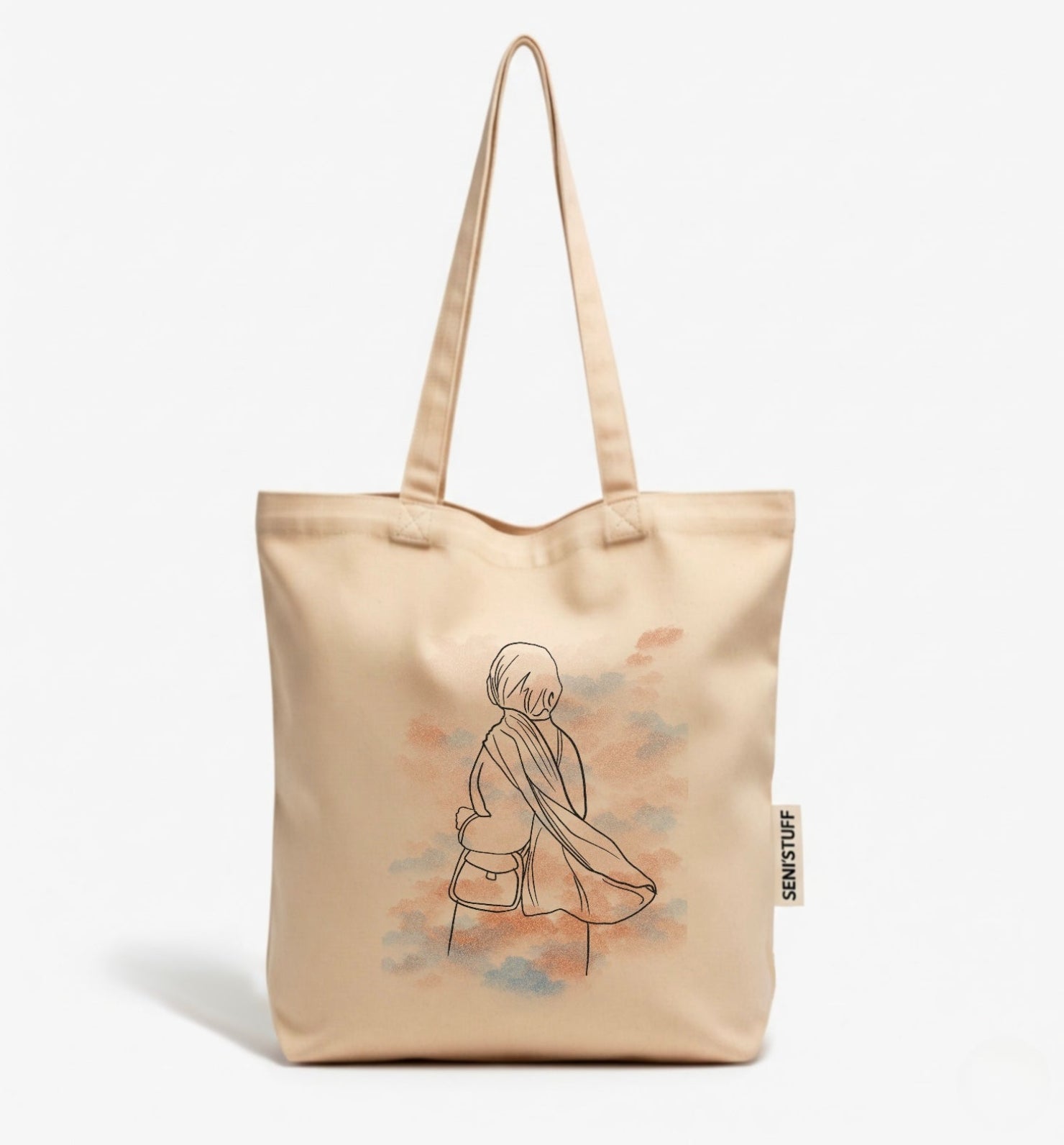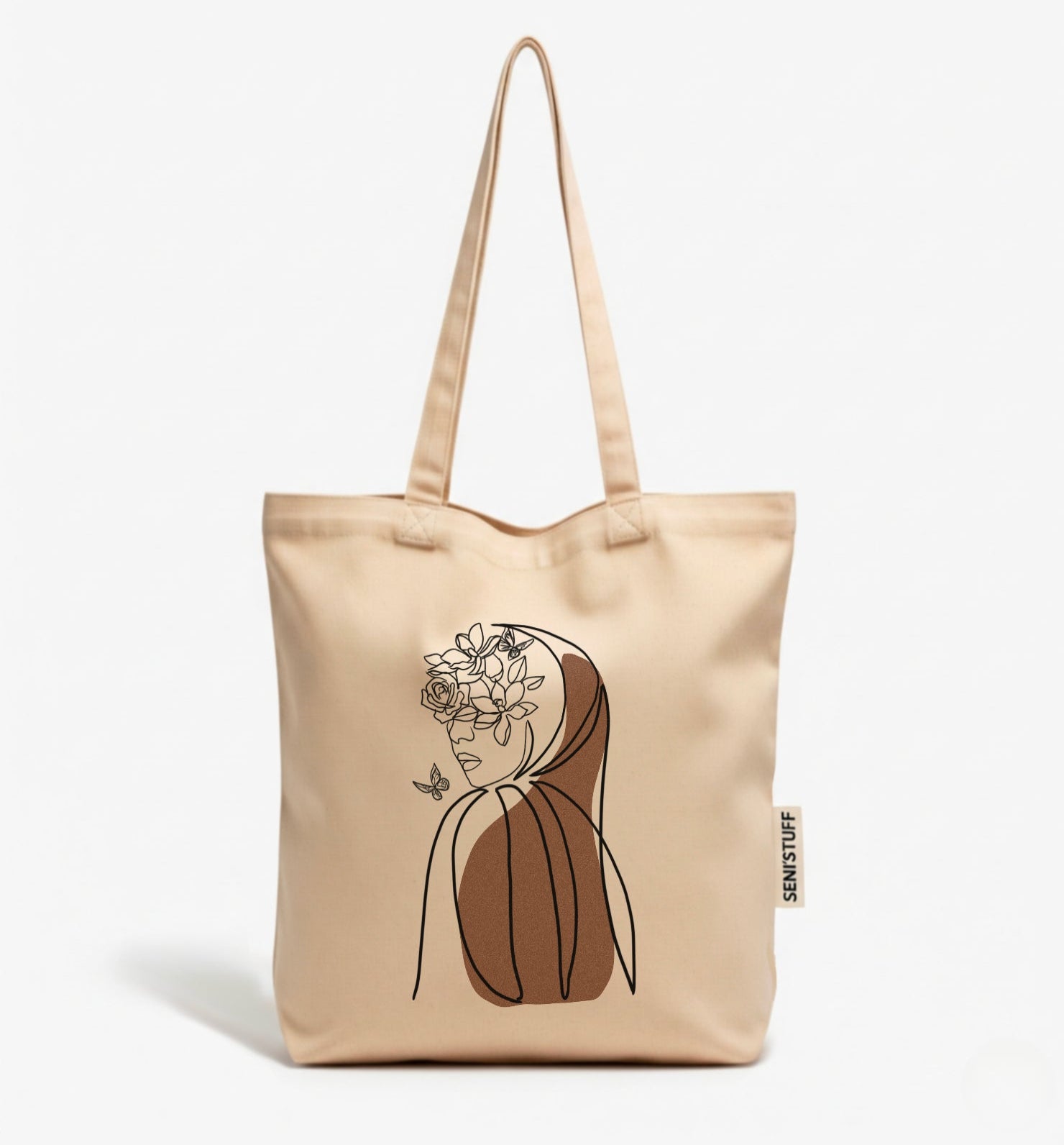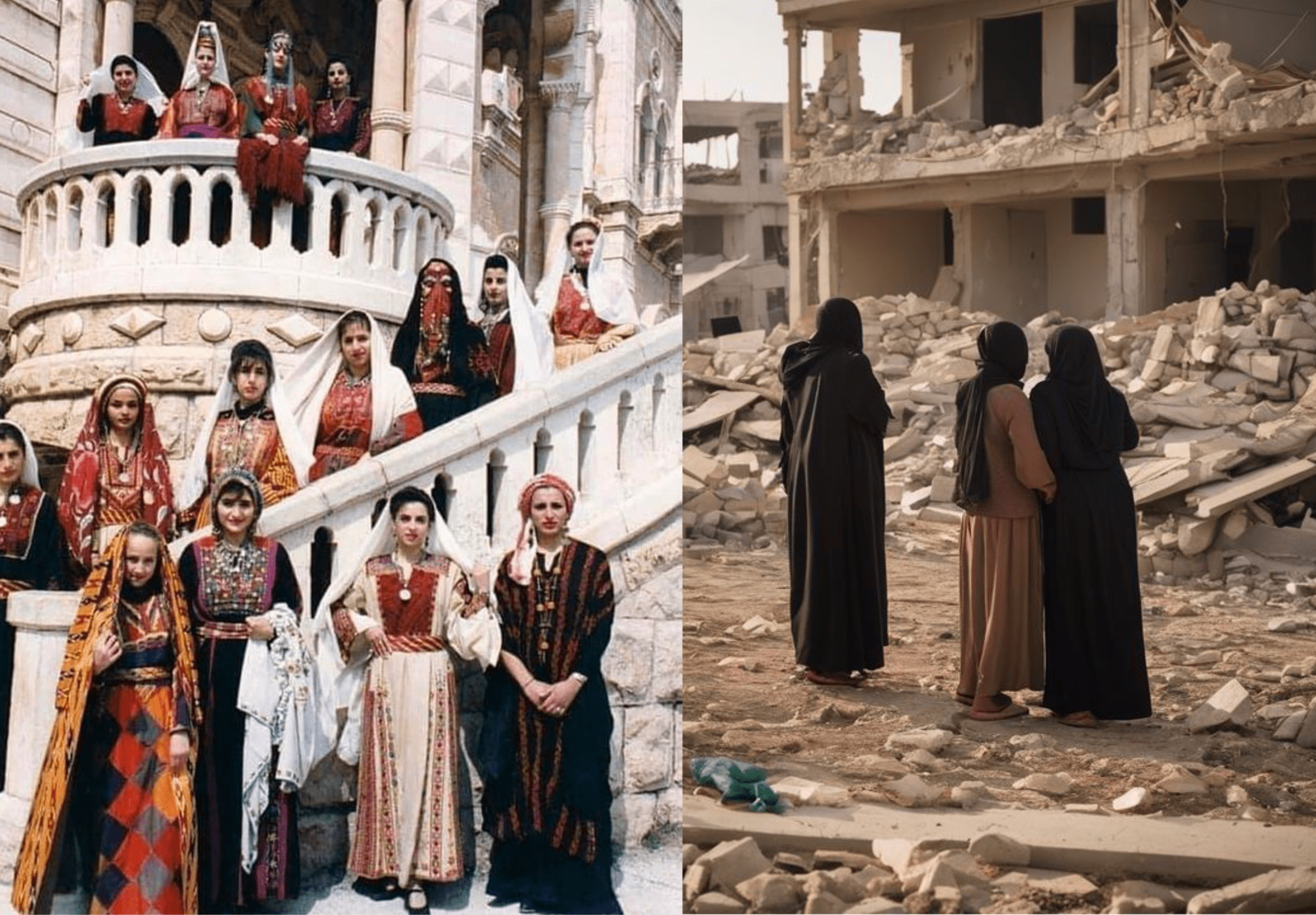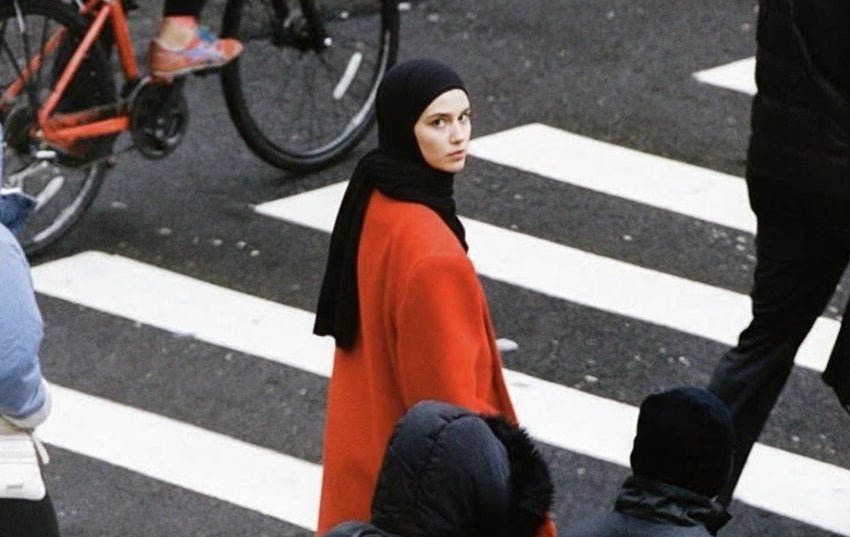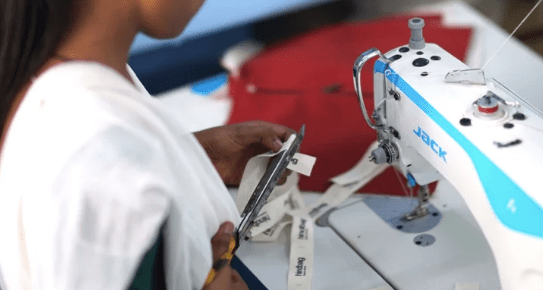How Fear of Islam Took Hold in Our Parents
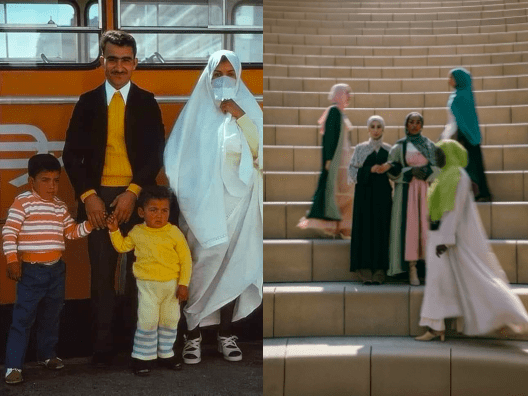
article co-written with Marie B. Thanks to her for her writing and her work.
If we grew up with phrases like "trim your beard," "the veil is risky for work," or "don't show your faith too much," it's no coincidence. This caution—sometimes this fear—doesn't come from nowhere. It has been built over the course of recent history, the media, and a Republic that has too often left doubts about the place of Muslims.
- “My son, take off your beard a little.”
- "My daughter, are you sure about the veil? And the job?"
- “The abaya is too visible, wear a long shirt and wide jeans.”
- "What do you mean, you want to convert? Are you going to be indoctrinated?"
These phrases are not shameful: they are protective reflexes passed down by parents who have learned to navigate a hostile public space.
The role of the media: from information to saturation
Continuous news channels and certain debates repeat "Islam", "veil", "radicalization" in anxiety-provoking contexts . Eventually, the brain integrates the association. It is no longer informing, it is conditioning : a fear learned , not felt .
Many parents, lacking access to structured religious education , have received a caricatured version of Islam on television: reduced to violence, submission, and exclusion. When the main narrator is biased, it shapes the imagination —even in our living rooms.
Examples often heard on sets:
“There is a problem with Islam”; “The veil is a political provocation”;
"Muslims must choose between the Republic and Sharia law."
Repeated, these messages construct a narrative in which Islam always needs to be justified.
When political neutrality looks like a lack of protection
The role of the state is to protect all citizens . However, in the face of repeated attacks (particularly against veiled women), silences or vague positions have sent a message: restrictions can be imposed without consequences .
Laws, proposals, and debates on the veil (sports, school trips, university) have instilled the idea among many parents: "Perhaps our children don't belong here."
After colonization: ordinary exclusion, inherited prudence
For families from former colonies, arriving in France often meant being sidelined : a name, an accent, an address could block an opportunity.
At school, secularism was portrayed as progress and faith as a relic of the past. As a result, in order to “fit in,” we learned to disappear .
This fear is not theoretical: it is lived . Parents have transmitted what they believed to be protective:
“Don’t make waves. Don’t show too much.” Gentle training for fear of rejection.
“Universal Republic”: the implicit equation
We are told: universal . But, in fact, every debate on secularism targets the same practices : veil, prayer, halal, beard, first names.
An implicit equation has been established: Islam = anti-Republic .
This is how fear becomes domestic : children are told, "Be religious, but discreet." Not out of shame, but out of social survival . In the country where they were born, citizens, educated.
Seni'Stuff is my way of repairing through art : tote bags that tell true stories, make invisible narratives visible and transform an everyday object into a symbol . Wearing a model is saying: I take my place, with gentleness and determination .



